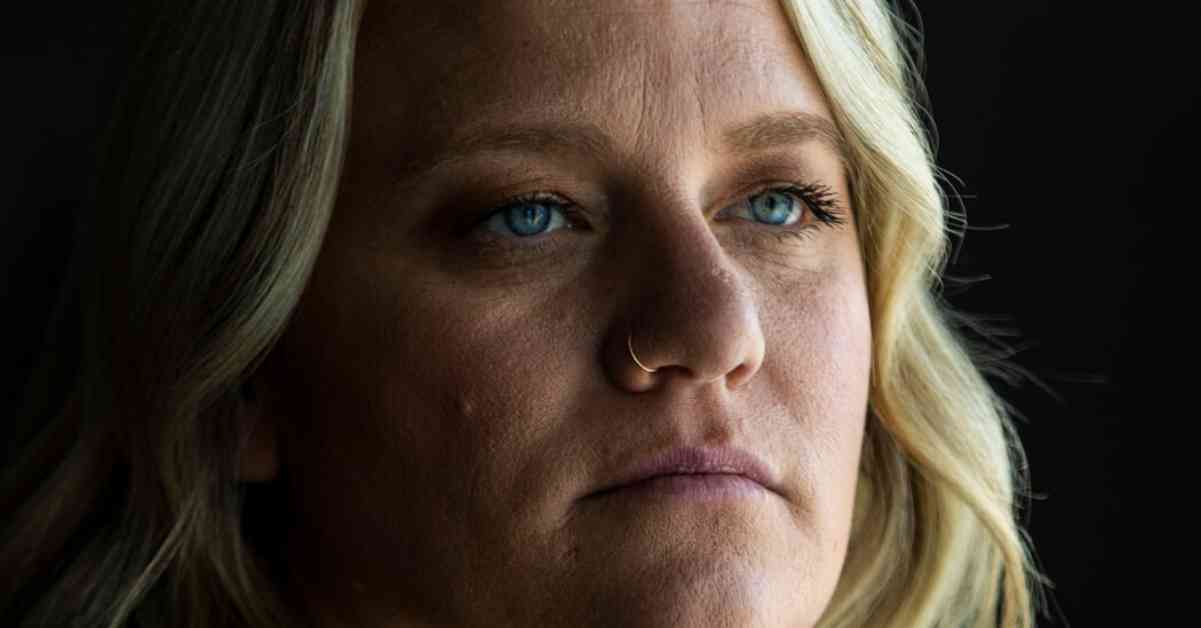In states where abortion is banned, hospitals face challenges in providing necessary care to pregnant women in critical conditions. The recent Supreme Court decision has not eased the situation.
Nicole Miller found herself in a frightening situation when she started experiencing heavy bleeding in her 20th week of pregnancy in Boise, Idaho. Despite the severity of her condition, the doctor at St. Luke’s Boise Medical Center informed her that she needed to seek treatment out of state. Feeling abandoned and desperate, Nicole questioned why she wasn’t being helped in her time of need.
After much turmoil, Nicole was flown to a hospital in Utah for emergency treatment. The journey was filled with fear and uncertainty, as she clung to the hope of surviving for the sake of her young daughters. It was only the next morning, with the help of a nurse, that Nicole learned she had been airlifted for an abortion procedure.
Reflecting on the traumatic experience, Nicole expressed her disbelief at the reluctance of the doctors in Idaho to provide the necessary care. She felt let down by the healthcare system that was supposed to prioritize saving lives.
The recent decision by the Supreme Court not to address the issue of states like Idaho being required to provide emergency abortions under federal law has left many questioning the accessibility of crucial medical procedures for pregnant women in need.
It is essential to ensure that women like Nicole have access to the care they need without facing unnecessary barriers or being forced to travel long distances for life-saving procedures. Healthcare providers must prioritize the well-being and safety of patients above all else, regardless of personal beliefs or state laws.





















